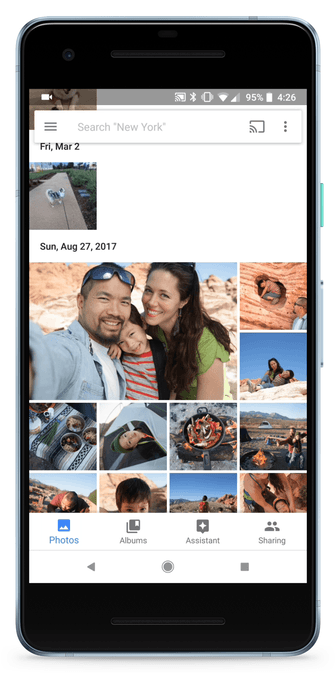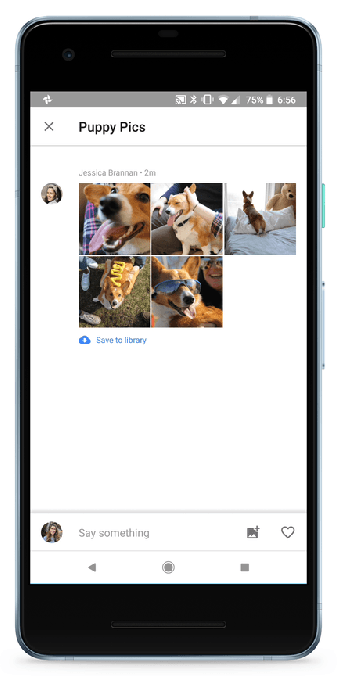Home > Media News >

Source: https://techcrunch.com
Twitter swapped out its Favorite star icon for an appreciation-focused heart icon instead, but Google Photos is embracing both icons with an update rolling out now. The company announced it’s adding a new star-shaped Favorites button to its photo-sharing service starting today, which will be followed by a heart-shaped “Like” button next week. The two will have different functionality, however.
The Favorite (star) button will only appear on photos in your own library, allowing you to mark an individual item as a favorite which, in turn, will automatically populate a new photo album with just your favorite photos. This is a feature that most other photo services already offer, including Apple’s and, previously, Google’s own Picasa, so it’s a bit of an obvious catch-up addition on Google’s part.

Meanwhile, the heart icon is Google Photos’ version of the “like.” This will appear only on those photos that have been shared with you from your family and friends. You can also like a full shared album, but not any photos or albums that aren’t shared, says Google. If you want to save one of these shared photos to your own Favorites album, you have to copy it to your own library first.

Though seemingly minor additions, the implementation of a proper favoriting system is actually a big design decision for a social platform. When Twitter switched from stars to hearts, for example, there was quite the user backlash. And some people continue to be upset over the change years later. Even Facebook had to acquiesce to users’ demands for an alternative to its “Like” button by offering different ways to react to a post.
It would have been fun to see Google Photos do something similar — perhaps a shocked emoji, or laughing with tears — in addition to the simple heart. After all, we know not all the photos we take are beloved — some are just ridiculous, goofy, crazy, weird and so on. But the heart will suffice for now.
The features follow a few other changes to Google Photos announced at Google I/O, including more AI-powered photo fixes, and the promise of black-and-white photo colorization soon.
Right Now

16 Jul, 2025 / 09:31 AM
Google inks $3 billion US hydropower deal in largest clean energy agreement of its kind
Top Stories









